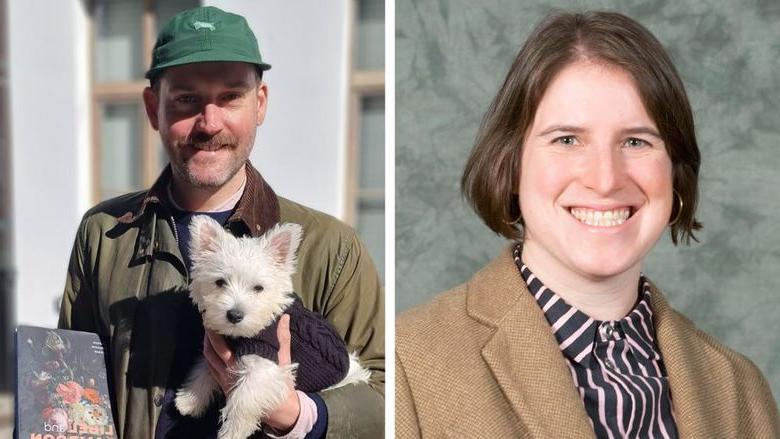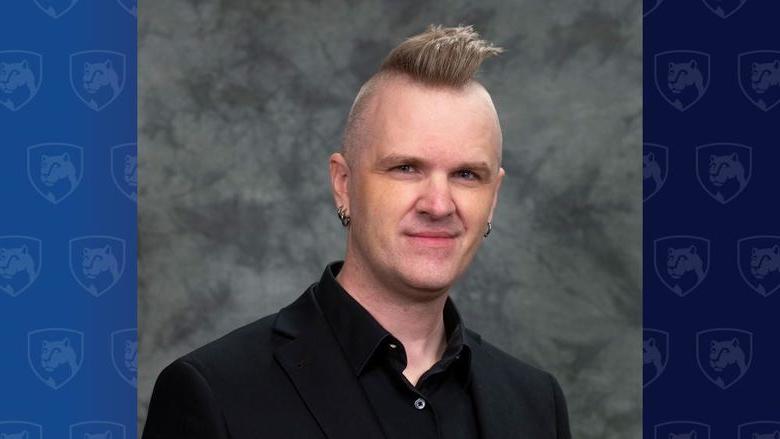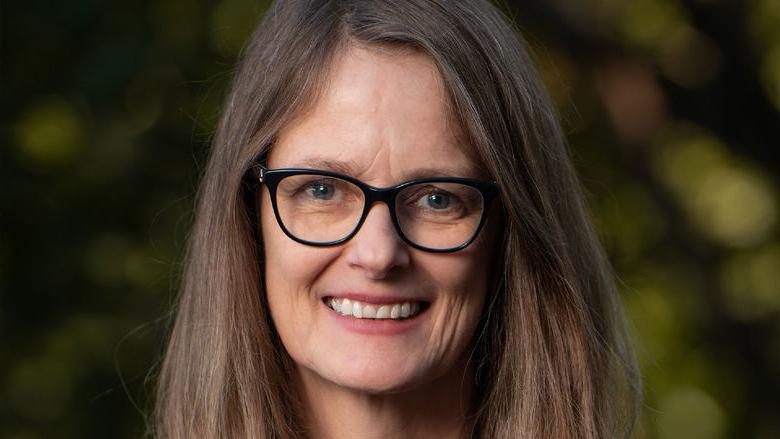Two Penn State Abington students explored Black women’s experiences of colorism for their Abington College Undergraduate Research Activities (ACURA) project. Colorism is skin color stratification that systemically privileges lighter skin given its perceived proximity to whiteness.
According to seniors Brianna Carroll and Falande Decaze, colorism offers lighter-skinned individuals greater access to resources and opportunities as well as social advantages. American slavery created a legacy of valuing Eurocentric features including lighter skin that is perceived to physically approximate whiteness. Colorism is particularly salient for Black women in the realm of beauty and attractiveness.
They drew on interviews with Black American women with diverse skin shades to understand how colorism shapes their body image and what social factors facilitate skin color satisfaction. They found that colorism shaped the types of messages Black women receive about their skin color that casted them as either undesirable or racially inauthentic. For darker-skinned women, colorism engendered developing strategies to mitigate negative messages revolving around their skin color.
The pair concluded that for Black women the messages received are painful reminders that their appearance has historically been deemed unattractive. Thus, some darker skinned women contemplate ways to alter their skin to be more accepted by society. However, some women reject these ideals and values and instead discover self-acceptance over time and through exposure to positive reinforcement.
“We found that a lot of the self-acceptance had taken some resiliency on the part of these women to learn to love themselves because in society their skin color is not viewed as beautiful. They have to struggle through that internally to find beauty within themselves,” Carroll said.
“I think it’s important to talk about colorism. Even though there have been movements about being more accepting and celebrating diversity, darker skinned women are still getting messages that lighter skin is more valued. Life is already hard enough, and colorism is another struggle, internally as well as externally,” she said.
“We found that a lot of the self-acceptance had taken some resiliency on the part of these women to learn to love themselves because in society their skin color is not viewed as beautiful."
-- Brianna Carroll, senior at Penn State Abington
Elizabeth Hughes, assistant professor of sociology and the faculty mentor on the project, had collected the data the students used as part of the research for her dissertation.
“I did in-depth interviews with 31 Black women. This was a chunk of a project that examined Black women’s body image mainly on body shape and size, but skin color came up organically in interviews,” she said. “I saved the colorism data because I knew then that I wanted to further research it and collaborate with undergraduate research students. I thought it would be a great way to involve students who are interested in body image and colorism and gender and racial inequality.”
To begin the project, Decaze immersed herself in reviewing the literature on body image and skin color stratification during the spring of 2020.
“The starting point was reading articles that Dr. Hughes provided, and I would write summaries, and she would respond,” she said.
The next step for Carroll and Decaze was coding the data this past fall.
“We had the data from Dr. Hughes, and we analyzed it to see what themes stood out, what the women were saying, what was prevalent, and what was common among their responses. We found that body image stood out and the process of self-acceptance,” Carroll said.
Hughes found that working with undergraduates on research is a great way to advance their qualitative skills.
“ACURA is a good opportunity, too, to develop research and potentially publish the results with the students as co-authors in a scholarly journal,” she said.
About ACURA
The mission of Abington College Undergraduate Research Activities (ACURA) is to develop students who are critical thinkers and creative scholars by engagement in scientific experimentation, inquiry-based research, and exploration of the arts through two- and three-semester research experiences within our community of teacher-scholars.
About Penn State Abington
Penn State Abington provides an affordable, accessible and high-impact education resulting in the success of a diverse student body. It is committed to student success through innovative approaches to 21st-century public higher education within a world-class research university. With nearly 3,500 students, Penn State Abington is a residential campus that offers baccalaureate degrees in 23 majors, undergraduate research, the Schreyer Honors College, NCAA Division III athletics and more.





